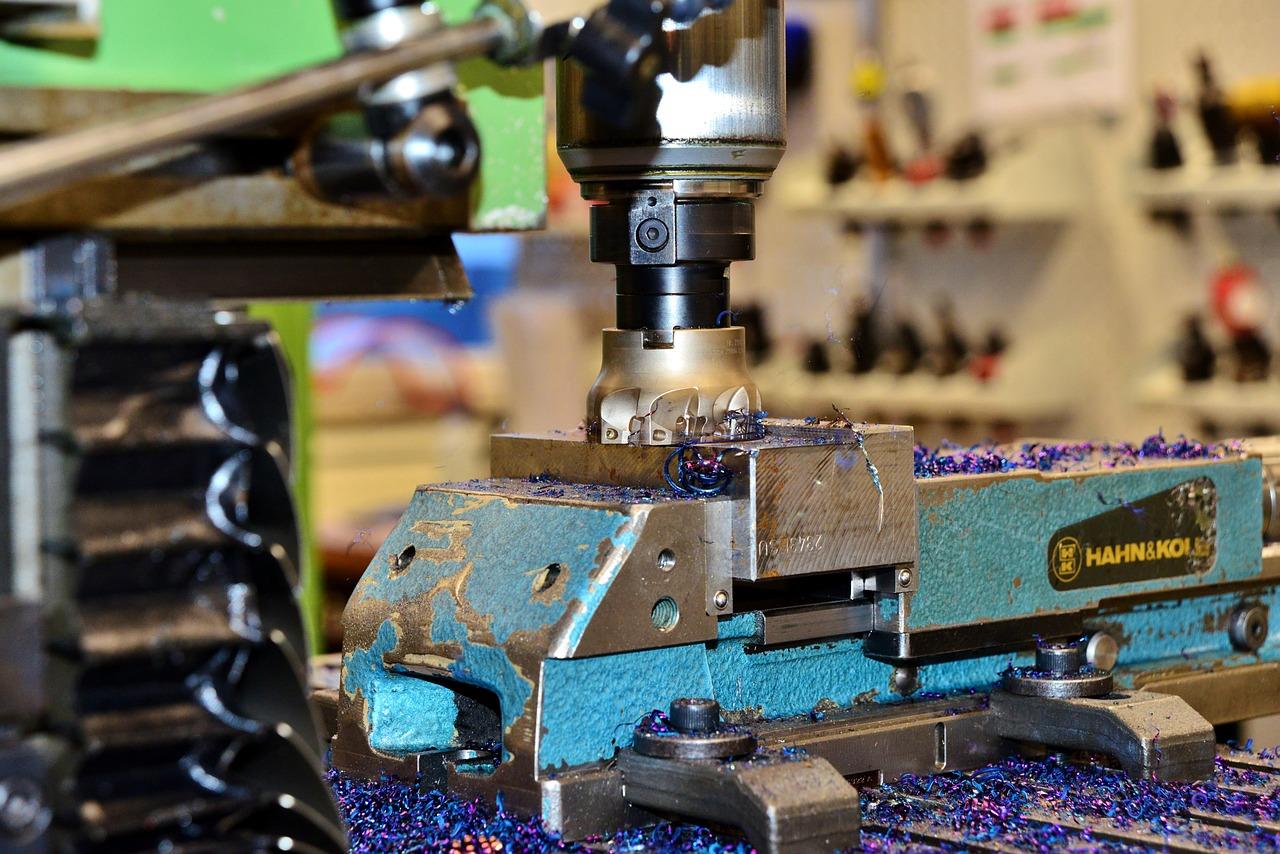
In today’s highly specialised manufacturing landscape, choosing the right CNC precision engineering company can significantly impact your product’s quality, consistency, and time to market. Whether you’re producing aerospace components, medical devices or automotive parts, finding a trusted partner for precision machining is critical.
But with numerous providers in the market, how do you identify the one that meets your specific requirements?
Start by assessing the company’s technical competence and machinery. Look for state-of-the-art CNC machines capable of multi-axis operations and handling tight tolerances. Advanced technology not only improves accuracy but also reduces turnaround time. A facility equipped for high-volume runs as well as bespoke prototyping demonstrates versatility, a crucial asset in a competitive market.
Precision engineering is not one-size-fits-all. A company with sector-specific experience will better understand the regulatory standards, material specifications and functional requirements of your industry. Whether it’s aerospace-grade aluminium or medical-grade stainless steel, experienced providers know how to navigate compliance while maintaining engineering integrity.
Don’t underestimate the value of certifications. ISO 9001 or AS9100 accreditation signals a commitment to quality management and repeatable processes. A reliable CNC engineering partner will also maintain meticulous in-house quality control, using tools like coordinate measuring machines (CMMs) and laser scanners to verify component accuracy before shipment.
A top-tier company won’t just manufacture to spec, they’ll add value during the design phase. This includes design for manufacturability (DFM) input, material selection advice and performance optimisation. Early involvement can drastically improve functionality, reduce waste and minimise future revisions.
Evaluate the company’s ability to meet deadlines and respond to changes in demand. A well-established supply chain, robust inventory systems, and an agile production model ensure consistent delivery even during unforeseen disruptions. Clear communication about lead times and capacity should be standard during initial consultations.
A proven track record matters. Look for reviews, case studies, or client references that illustrate successful long-term relationships. Reliability, responsiveness and post-sale support are often the deciding factors between a good supplier and a great one.
Choosing the right CNC precision engineering company requires a careful balance of technology, industry insight and customer focus. By prioritising quality, capability and communication, you’re far more likely to build a lasting partnership that adds real value to your engineering processes.